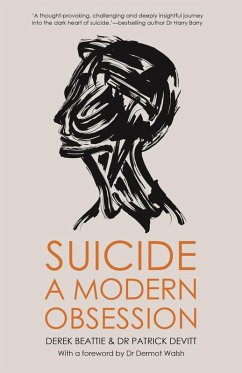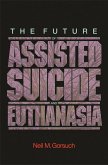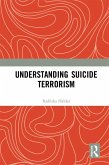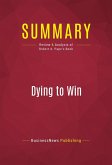When is it okay for a person to kill themself? How have ideas about this changed over time, and how do they differ across cultures? How do Ireland's suicide rates, especially among its young men, compare to rates in other countries in Europe and beyond? Are we obsessed today with the idea of suicide? Is it possible to prevent suicide - and, if so, how? Should we try to prevent all suicides, or are there some that we should allow, regulate, even assist? Might some suicides be rational? How are families affected by suicide? What can they do if a family member is suicidal? How can they cope after a suicide? Are doctors able to identify which pregnant women are at high risk of killing themselves? Would allowing these women to have abortions make them less likely to kill themselves? In this wide-ranging review and analysis of historical and scientific research on the topic of suicide, authors Derek Beattie and Dr Patrick Devitt take an unflinching and often chillingly rational look at these questions and many others.
Dieser Download kann aus rechtlichen Gründen nur mit Rechnungsadresse in A, B, BG, CY, CZ, D, DK, EW, E, FIN, F, GR, H, IRL, I, LT, L, LR, M, NL, PL, P, R, S, SLO, SK ausgeliefert werden.









